A Guide to Kidney Transplant Cost in Turkey
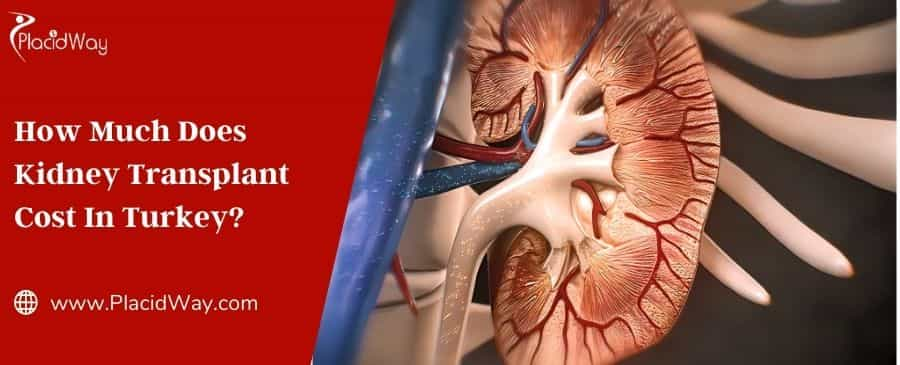
Kidney transplant in Turkey offers a viable and often more affordable solution for individuals suffering from end-stage renal disease. The cost of a kidney transplant in Turkey is significantly lower than in many Western countries, attracting patients from around the globe. This guide will delve into the specifics of kidney transplant costs in Turkey, what's included, and answer other pressing questions you might have. We aim to provide a clear, human, and approachable overview to help you navigate this important healthcare decision.
How much does a kidney transplant in Turkey typically cost?
"A kidney transplant in Turkey typically costs between $20,000 and $35,000 USD. This price can vary based on the hospital, the surgeon's experience, the complexity of the procedure, and the specific services included in the transplant package."
This cost is considerably lower when compared to countries like the United States, where the procedure can exceed $400,000, or the UK, where it can be around £70,000-£80,000 for private patients if not covered by the NHS. The affordability in Turkey does not mean a compromise on quality; many Turkish hospitals boast state-of-the-art facilities and highly experienced medical teams specializing in organ transplants.
The final cost will often be provided as a package, which might include pre-operative assessments, the surgery itself, hospital stay, post-operative care for a certain period, and sometimes even accommodation for the donor and recipient. It's crucial to get a detailed breakdown of what the quoted price includes from the chosen medical facility.
What factors influence the cost of a kidney transplant in Turkey?
"Several factors influence the final kidney transplant cost in Turkey, including the choice of hospital and its accreditation, the surgeon's expertise and reputation, the type of kidney transplant (living donor or deceased donor, though deceased donor transplants are rare for foreigners), the recipient's overall health condition, the length of hospital stay, and the inclusion of post-operative medications and follow-up care."
For instance, a transplant at a JCI (Joint Commission International) accredited hospital with a renowned surgeon might be at the higher end of the price spectrum. If the patient has other co-existing medical conditions that could complicate the surgery or recovery, this might also increase the cost. Furthermore, the type of room chosen during the hospital stay (e.g., private suite vs. standard room) can affect the price.
It's also important to consider that initial quotes might not cover all potential expenses. Patients should inquire about costs related to unexpected complications, extended hospital stays, or specific medications that might be required post-transplant, which could be billed separately.
What is generally included in a kidney transplant package in Turkey?
"A typical kidney transplant package in Turkey often includes the surgeon's fees, anesthesia costs, operating room charges, standard hospital stay for both donor (if applicable) and recipient, initial pre-operative evaluations (blood tests, imaging), basic post-operative medications while in the hospital, and initial follow-up consultations."
However, the specifics can vary significantly between hospitals. Some comprehensive packages might also cover:
- Accommodation for the donor and recipient for a set period before and after the surgery.
- Airport transfers.
- Translator services.
- The cost of the donor's evaluation and surgery (in the case of a living donor transplant).
It's essential to request a detailed list of inclusions and exclusions before committing. Expenses like flights, long-term immunosuppressive medications (required for life after transplant), and treatment for any unforeseen complications are often not included.
Are there different types of kidney transplant procedures available in Turkey, and how do they affect cost?
"Yes, Turkey offers both living donor and deceased donor kidney transplants. However, for international patients, living donor kidney transplants are more common and accessible. The cost will primarily relate to a living donor transplant, as deceased donor organs are typically allocated to national patients first due to ethical and legal frameworks."
Living donor transplants involve a healthy person (often a relative or altruistic donor, subject to legal and ethical approvals) donating one of their kidneys. This is the most frequent type of transplant for medical tourists in Turkey. Deceased donor transplants, using a kidney from someone who has recently passed away, are less common for foreigners due to organ allocation policies prioritizing local citizens. The cost structure provided usually refers to living donor transplants.
The complexity of the surgery, such as whether it's a laparoscopic (minimally invasive) or open surgery for the donor, can also slightly influence the overall cost and recovery time.
How does the success rate of kidney transplants in Turkey compare internationally?
"The success rates for kidney transplants in Turkey are comparable to those in major developed countries. Reputable Turkish hospitals report graft survival rates (the transplanted kidney functioning) of over 95% at one year and over 85-90% at five years for living donor transplants."
Many transplant centers in Turkey are equipped with advanced technology and staffed by surgeons who have trained internationally and have extensive experience in organ transplantation. They follow international guidelines and protocols, contributing to these high success rates. Patients should research specific hospital statistics and surgeon experience when making their decision.
Factors that contribute to high success rates include thorough pre-transplant evaluation of both donor and recipient, skilled surgical teams, excellent post-operative care, and patient adherence to medication and lifestyle changes.
Is it safe to get a kidney transplant in Turkey?
"Yes, getting a kidney transplant in Turkey is generally safe, provided you choose an accredited hospital with experienced transplant teams. Many Turkish hospitals adhere to high international standards of care and possess certifications like JCI accreditation."
Like any major surgery, a kidney transplant carries inherent risks, such as infection, bleeding, rejection of the transplanted organ, and side effects from immunosuppressive medications. However, these risks are managed effectively in well-equipped Turkish facilities.
Patients are encouraged to thoroughly research hospitals, read patient testimonials, and even consult with their local nephrologist before deciding. Open communication with the Turkish medical team regarding all potential risks and safety protocols is crucial.
Can a foreigner legally receive a kidney transplant in Turkey?
"Yes, foreigners can legally receive kidney transplants in Turkey, primarily through living donor transplantation. Turkish law allows for organ transplants for international patients, provided all legal and ethical requirements are met, especially concerning organ donation."
For living donor transplants, the donor and recipient must undergo a thorough ethical committee review to ensure the donation is voluntary, altruistic, and there is no financial coercion or organ trafficking involved. The relationship between the donor and recipient (if any) will be scrutinized.
It's important to work with reputable hospitals that have clear protocols for international patients and can guide them through the legal and ethical approval processes. Attempting to bypass these regulations can have serious legal consequences.
What are the legal and ethical considerations for kidney donation in Turkey for foreigners?
"For foreigners undergoing a kidney transplant in Turkey with a living donor, the primary legal and ethical considerations revolve around proving the voluntary and altruistic nature of the donation. The donor must be a close relative (up to the 4th degree of kinship) or, in cases of non-related donors, approval from a regional ethics committee is mandatory. The hospital will facilitate this ethics committee review."
Turkish regulations are strict in preventing organ commercialization. Both donor and recipient will be interviewed, and documentation proving the relationship (if any) and the voluntary nature of the donation will be required. This process ensures compliance with international ethical standards for organ transplantation.
The ethics committee will evaluate the psychological and physical fitness of the donor, their understanding of the risks, and the absence of any financial transaction for the organ.
How long is the waiting time for a kidney transplant in Turkey for international patients?
"For international patients opting for a living donor kidney transplant in Turkey, the waiting time is relatively short, typically ranging from a few weeks to a couple of months. This period is mainly for comprehensive pre-transplant evaluations, donor matching, and ethical committee approvals."
If a suitable and willing living donor is available, the process can be expedited once all medical and legal checks are completed. This is a significant advantage compared to the long waiting lists for deceased donor kidneys in many countries.
For deceased donor transplants (which are rare for foreigners), the waiting time would be unpredictable and likely very long due to priority given to Turkish citizens. Therefore, medical tourists almost exclusively undergo living donor transplants.
What are the eligibility criteria for a patient to undergo a kidney transplant in Turkey?
"Eligibility criteria for a kidney transplant in Turkey include being diagnosed with end-stage renal disease (ESRD), being generally fit for major surgery, having a compatible and willing living donor (for most international cases), and being free from active infections, uncontrolled cancer, or severe cardiovascular conditions that would make the surgery too risky."
A thorough medical evaluation is conducted to determine suitability. This includes blood tests, imaging studies, cardiac assessments, and psychological evaluations for both the recipient and the donor. The patient's ability to adhere to lifelong immunosuppressive medication and follow-up care is also a critical factor.
Each hospital may have slight variations in its specific criteria, so a detailed consultation with the transplant team is necessary.
What does the pre-transplant evaluation process involve in Turkey?
"The pre-transplant evaluation for a kidney transplant in Turkey is a comprehensive process involving detailed medical history reviews, physical examinations, extensive blood tests (including tissue typing and crossmatching for donor-recipient compatibility), viral screening, radiological imaging (like CT scans and ultrasounds), cardiac assessments (ECG, echocardiogram), and consultations with various specialists."
This thorough workup aims to ensure both the recipient and the living donor are suitable candidates for the procedure and to minimize potential risks. The donor undergoes a similarly rigorous evaluation to confirm they are healthy enough to donate a kidney without significant long-term health consequences.
The evaluation process can take several days to a couple of weeks, depending on the hospital's schedule and the specific tests required.
What is the typical hospital stay duration for a kidney transplant in Turkey?
"The typical hospital stay for a kidney transplant recipient in Turkey is around 7 to 14 days, assuming no major complications. For a living kidney donor, the hospital stay is usually shorter, around 3 to 5 days."
During this period, the recipient's new kidney function is closely monitored, immunosuppressive medication is initiated and adjusted, and the patient receives education about post-transplant care. The donor is monitored for pain management and recovery from the nephrectomy (kidney removal surgery).
The exact duration can vary based on individual recovery progress and the hospital's protocols.
What kind of post-operative care and follow-up is provided in Turkey?
"Post-operative care for a kidney transplant in Turkey initially involves close monitoring in the hospital, pain management, and initiation of immunosuppressive drugs. After discharge, patients typically need to stay in Turkey for several weeks (e.g., 3-4 weeks or more) for regular follow-up appointments, blood tests, and medication adjustments."
These follow-up checks are crucial for detecting early signs of rejection or other complications. The transplant team will provide a detailed plan for long-term care, including medication schedules and necessary lifestyle modifications.
Once the patient returns to their home country, continued follow-up with their local nephrologist, in coordination with the Turkish transplant center, is essential for the long-term success of the organ transplant.
What are the potential risks and complications associated with kidney transplants in Turkey?
"Potential risks and complications associated with kidney transplants in Turkey, as with anywhere else, include organ rejection (acute or chronic), infection, bleeding, blood clots, complications from anesthesia, side effects of immunosuppressive medications (such as increased risk of infections, diabetes, hypertension), and surgical complications like leakage from the ureter."
Reputable Turkish hospitals have protocols to minimize these risks and manage complications effectively if they arise. The lifelong use of immunosuppressants is necessary to prevent rejection but can make patients more susceptible to infections and other long-term side effects.
Open discussion with the surgical team about these risks is vital. The benefits of a transplant in alleviating the burdens of dialysis and improving quality of life generally outweigh the risks for most eligible patients.
How can I find reputable hospitals for kidney transplants in Turkey?
"To find reputable hospitals for kidney transplants in Turkey, look for facilities with international accreditations (like JCI), those with dedicated and experienced transplant departments, and surgeons with a strong track record. Check for hospital affiliations with international medical societies and read patient reviews and testimonials."
Many leading Turkish hospitals have multilingual staff and specific departments for international patients that can assist with medical and logistical arrangements. It is advisable to directly contact hospitals, inquire about their transplant programs, success rates, and the experience of their medical teams.
Your local nephrologist or healthcare provider might also offer recommendations or be able to help you research credible options for medical tourism Turkey.
Ready to explore your options for a kidney transplant or other healthcare services? PlacidWay can help you connect with leading medical facilities in Turkey and around the world. Discover personalized healthcare solutions tailored to your needs.


.png)

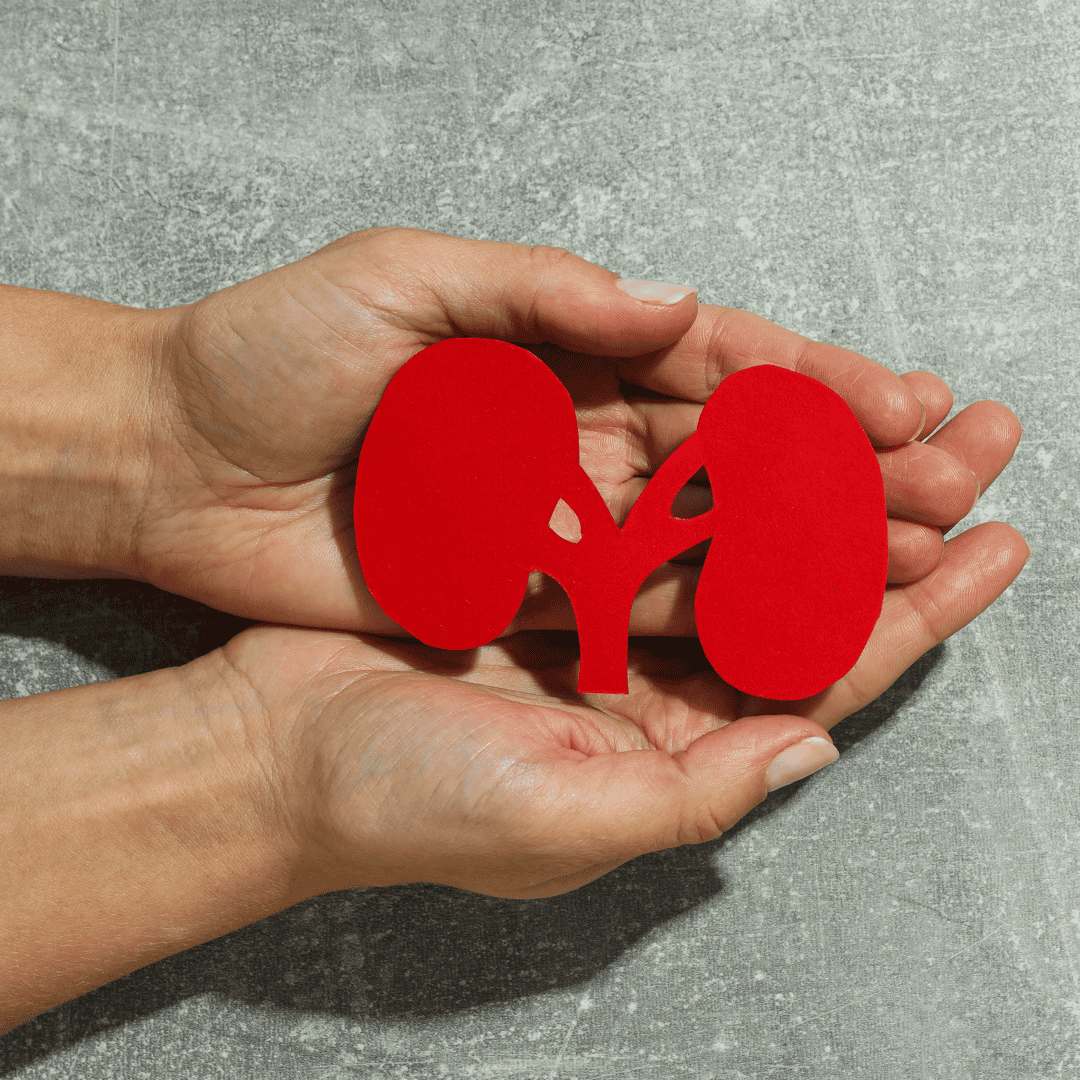

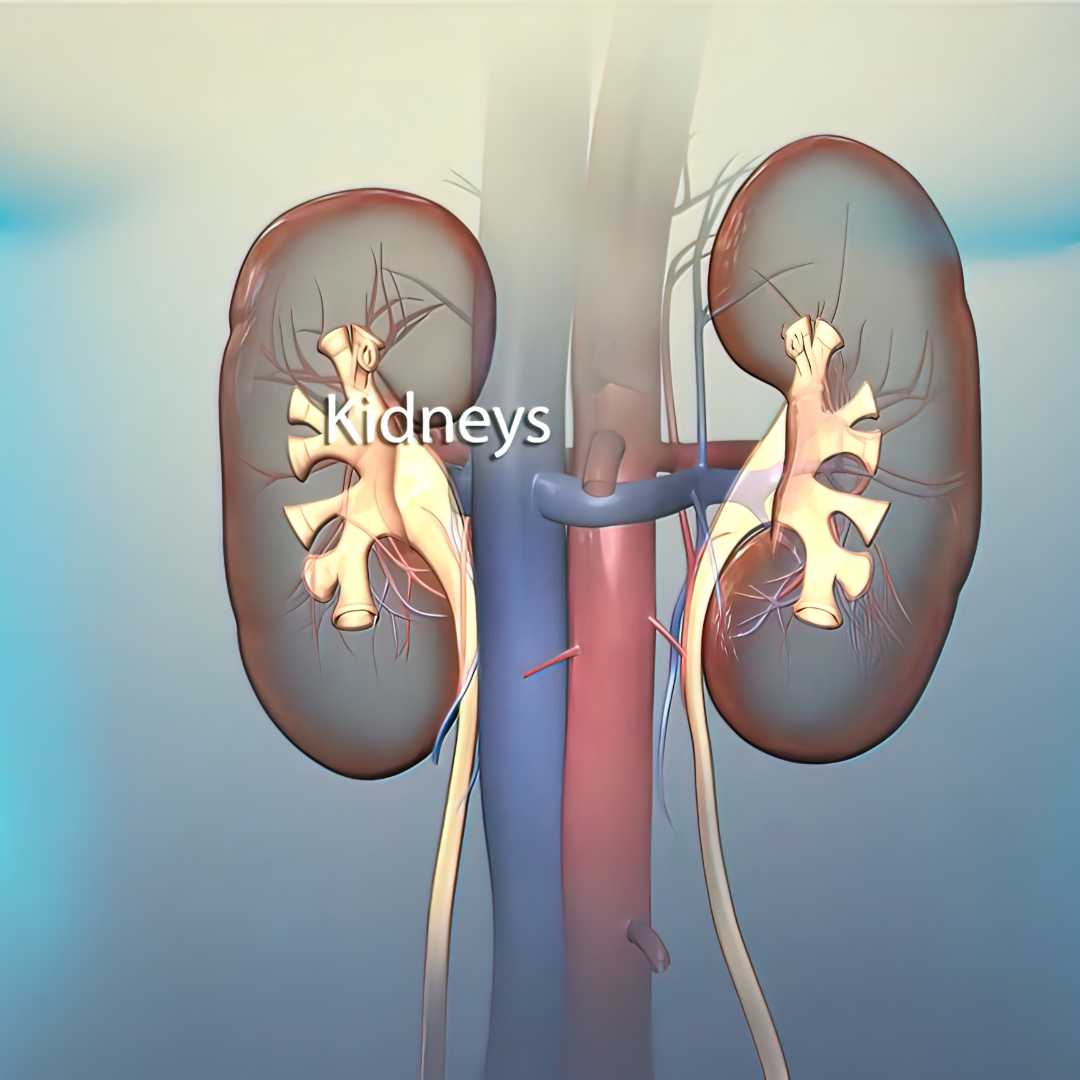
.png)




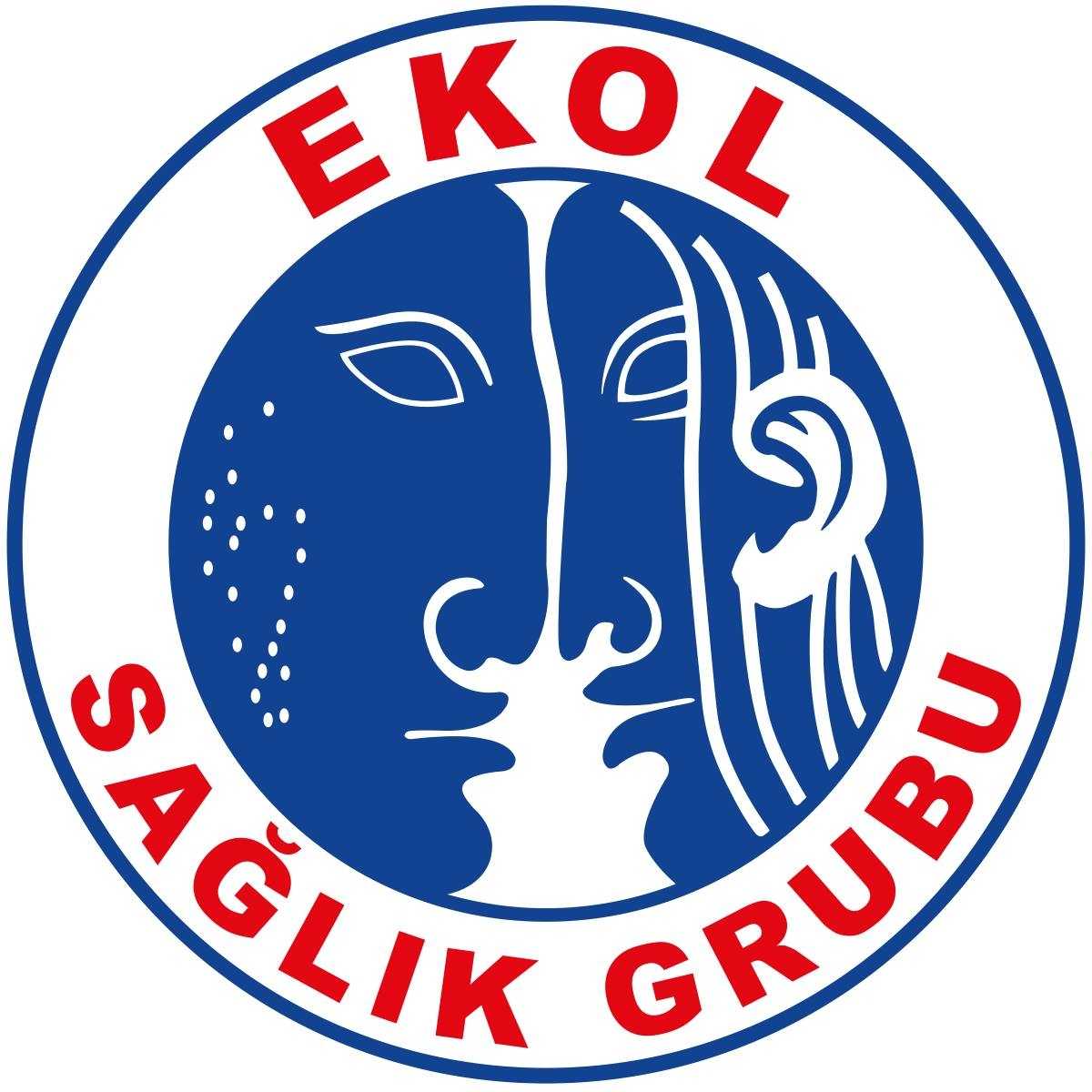

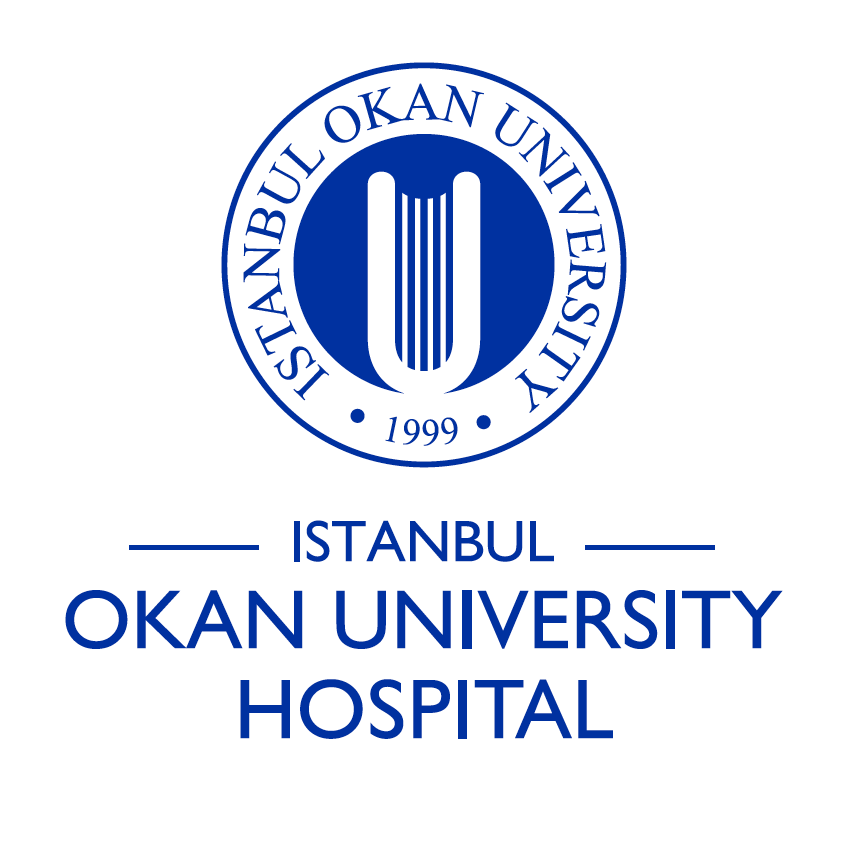


Share this listing